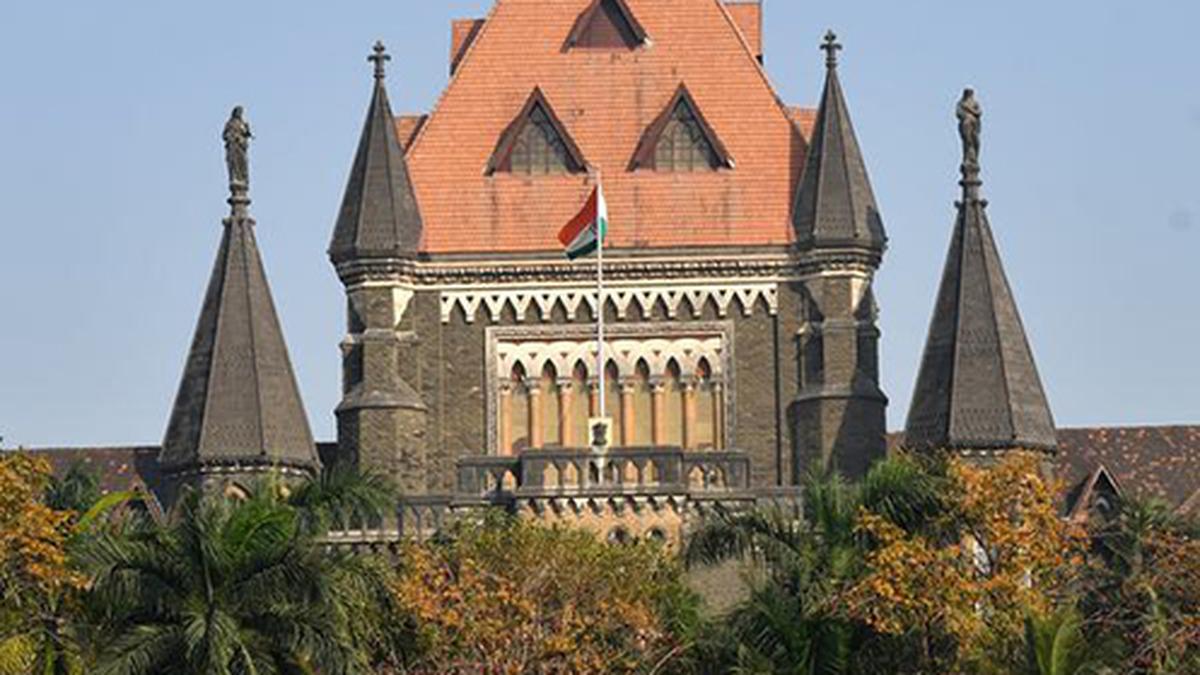An outer view of Bombay High Court in Mumbai.
| Photo Credit: The Hindu
The Bombay High Court on Thursday (September 11, 2025)dismissed a plea by Rajiv Ranjan Singh, former chief executive officer of Karvy Stock Broking Limited (KSBL), seeking discharge from criminal proceedings in the ₹2,700-crore client securities fraud case investigated by the Securities and Exchange Board of India (SEBI).
A Single Bench judge, Justice Amit Borkar, upheld the Special Court’s earlier refusal to grant discharge, observing that there was “sufficient prima facie material” to proceed against Mr. Singh under Section 27(1) of the SEBI Act, 1992, which makes company executives liable for offences committed under the Act.
The prosecution, based on SEBI inspection reports, National Stock Exchange findings, and a forensic audit, alleges that KSBL illegally pledged and misused client securities worth about ₹2,700 crore without consent, in violation of SEBI circulars and the Code of Conduct for stockbrokers. Mr. Singh, as CEO at the time, is accused of overseeing operations and failing to exercise due diligence.
The case stems from investigations that began in 2021. On September 2, the Hyderabad Police arrested Karvy’s Chief Operating Officer, Mr. Singh, and Chief Financial Officer, G. Krishna Hari, following complaints from IndusInd Bank and others over alleged misuse of client securities. On September 22, 2021, the Enforcement Directorate conducted searches at six Karvy offices in Hyderabad and, two days later, froze shares worth approximately ₹700 crore belonging to Karvy CMD C. Parthasarathy and his family under the Prevention of Money Laundering Act.
In the High Court, Mr. Singh’s advocates, Ashok Singh, Sameer Bothre and Arun Nile, argued that a SEBI adjudication order of April 2023 had not imposed any penalty on him, claiming this amounted to exoneration. He relied on the Supreme Court ruling in Radheshyam Kejriwal vs. State of West Bengal (2011) to contend that parallel criminal proceedings could not continue once a regulator had absolved him.
Rejecting the plea, the Court said, “The plea that the applicant stands exonerated in adjudication cannot be accepted as a ground for discharge. The adjudication order does not absolve him. On the contrary, it contains observations which point towards his responsibility. In view of Section 27(1) of the SEBI Act and the law laid down in Ramesh Singh, there exist sufficient grounds to proceed against him. Any discharge at this stage would amount to a premature assessment of evidence, which the law does not permit.”
The Court noted that the complaint relies on cogent material such as the SEBI inspection report, NSE findings, forensic audit, and relevant bank and DP account statements. “All these disclose sufficient grounds to proceed. At this stage, the Court cannot weigh the sufficiency of the evidence as if deciding a trial. Even a strong suspicion based on such material is enough to frame charges.”
Justice Borkar emphasized that exoneration in regulatory proceedings bars prosecution only where there is a categorical finding of innocence. The SEBI adjudication order had recorded adverse observations, including Mr. Singh’s active participation in the asset collection drive and failure to exercise the diligence expected of a CEO.
Citing Supreme Court precedents, he said, “If the material available raises a strong suspicion about the involvement of the accused, that is enough to frame charges and call upon the accused to face trial.”
“The Revision Application stands dismissed. The applicant shall face trial in accordance with law,” the Court ordered.
Published – September 11, 2025 10:27 pm IST






